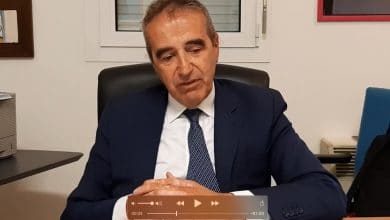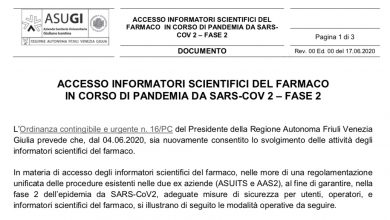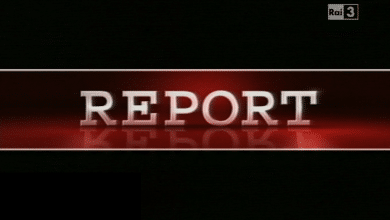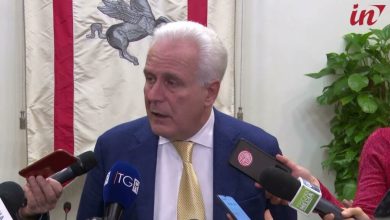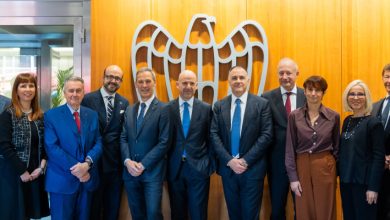
In recent days we have published the news that the regional law proposal establishing the Regional Register of Scientific Pharmaceutical Representatives.
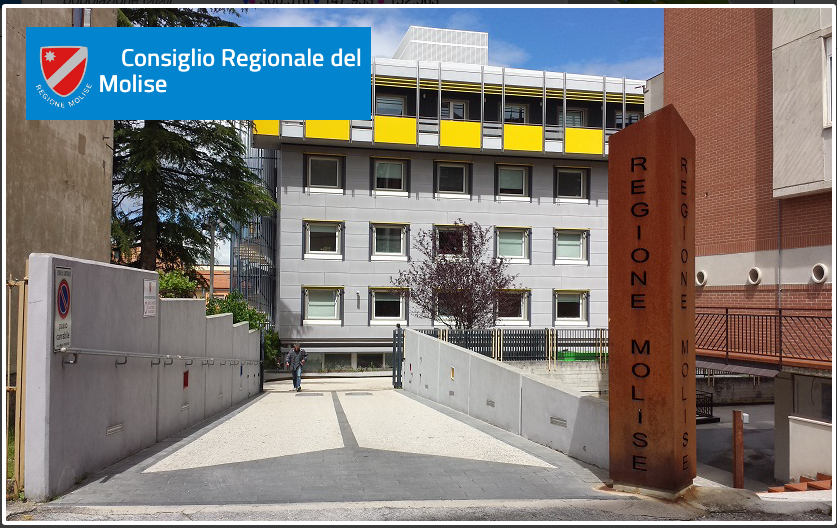 The article has aroused considerable interest among our readers, so much so that, despite the holiday period, it has had thousands of contacts both on the site and on the social networks where we are present, seven of which expressed a negative opinion, obviously sentencing without having knowledge of the facts .
The article has aroused considerable interest among our readers, so much so that, despite the holiday period, it has had thousands of contacts both on the site and on the social networks where we are present, seven of which expressed a negative opinion, obviously sentencing without having knowledge of the facts .
First of all, we need to clarify the terms.
Register
Signing up for a dedicated register, in our country, is aimed at regulating the performance of certain professions. Since it certifies the possession of certain requisites, the professional order covers a role of control and management of a reference sector by the Ministry of Justice or Health as far as the health professions are concerned.
The terms "register" or "order" are used in a "technical sense". The legislator has placed the concept of register at the basis of the concept of order, because there cannot be an order (or a college) without a register, while there can be a register without order as in the case of the register of financial advisors, in addition to the recently (2013) "professional associations" established for professions concerning activities not reserved to members of the registers (or "orders" or "colleges") regulated by law.
It should also be borne in mind that there are also free associations, which can set up "registered" in a purely private sphere, whose registration is not compulsory by law, but free. The terms "register" or "order", in this case, are used precisely in a technical sense.
In essence, the Register is the register in which those qualified to practice a given profession must be entered and whose keeping is entrusted to public authorities (in the case of regulated professions) or to professional councils (in the case of professional orders). Enrollment in the register is a necessary step which, however, requires compliance with a certain path and a set of obligations, in addition to the possession of appropriate educational qualifications.
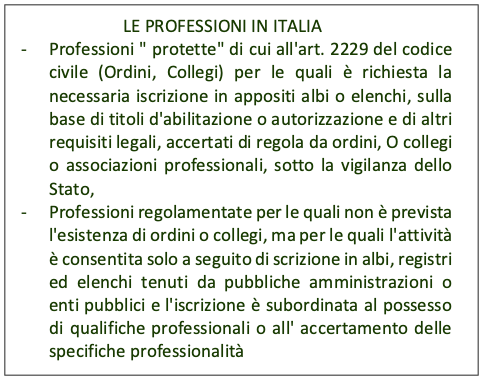 The word register is therefore used to indicate the public register including the names of those who are authorized to practice a profession. Membership in the register is compulsory for those professions which are in direct contact with the safety and health of citizens.
The word register is therefore used to indicate the public register including the names of those who are authorized to practice a profession. Membership in the register is compulsory for those professions which are in direct contact with the safety and health of citizens.
The primary function of professional associations is to prevent any illegitimate exercise of specific skills regulated professions, such as that of the doctor or the lawyer. The regulated profession is an activity that can be exercised by people in possession of certain requisites and registered in a professional order, when required (Decree 7 August 2012, n. 137). The main function of an Order is to guarantee the citizen about the professionalism and competence of the professionals who carry out dedicated activities in the fields of technology, health and law.
The unregulated professions, on the other hand, are the unorganized ones. That is, all the categories that are not required to register in order to operate freely, such as photographers or designers, etc. According to the Law n. 4 of 14.01.2013, those who exercise unregulated professions have the right to form associations without the obligation to register in a register.
In Italy there are 27 professional registers with around 2,300,000 members. In the medical field in addition to 9 health professions, again in the health sector, there are the professions of Operators of Health Interest (3) and the professions of the Auxiliary Arts of the Health Professions (4).
The Lorenzin reform (Law 11 January 2018, n. 3) delegates to the Government the establishment of new professional associations in the health sector. The identification of new professions takes place during the transposition of community directives or on the initiative of the state or the regions. The identification may also take place on the initiative of the professional associations representing those who intend to obtain this recognition in compliance with the law 43/2006 and subject to the technical-scientific opinion of the Higher Health Council, through agreements ratified at the State-Regions Conference following a resolution by the Council of Ministers.
How does the Scientific Representative of Prescription Drugs (ISF) stand in relation to a Register or an Order?
The ISF profession is among the most regulated in Italy. In fact, the regulation derives from European Directives, State Laws, Regulatory Guidelines of the Conference of Regions and Autonomous Provinces, Regional Regulations. There are also sentences of ordinary courts, of the Cassation and of the Council of State which certify the validity of these rules.
Furthermore, the public service value attributed to the activity of scientific representative of the drug by the health reform law is confirmed by the legislation indicated by the decrees of the Minister of Health of 23 June 1981, 23 November 1982, 26 February 1985, 4 December 1990, and 3 July 1992 (all on the regulation of scientific information on drugs), as well as by the decrees of the Minister of Health of 20 March 1980 and 28 July 1984 (on monitoring of drugs), by the legislative decree 30 December 1992, n. 541, and subsequent amendments, (in implementation of directive 92/28/EEC concerning the advertising of medicines for human use), by law 6 February 1996, n. 52, and by the regulation referred to in the decree of the President of the Republic 7 December 2000, n. 435 (both, among other things, on the involvement of drug sales representatives in pharmacovigilance activities), by Legislative Decree 24 April 2006, n. 219 in implementation of directive 2001/83/EC (and subsequent amending directives) relating to a Community code concerning medicinal products for human use, as well as directive 2003/94/EC.
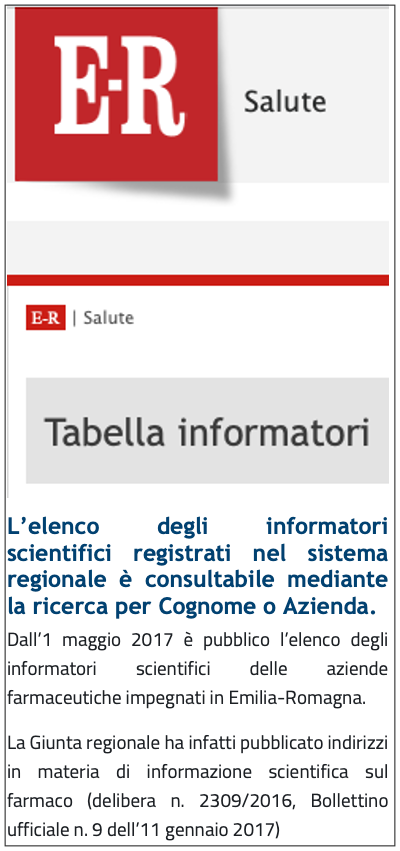 For those who haven't noticed, the Register of ISF already exists. In fact, as required by law, within the month of January of each year, each pharmaceutical company must communicate to AIFA the list of scientific representatives employed during the previous year, with an indication of the qualification and type of employment contract with the pharmaceutical company. In addition, sales reps must receive adequate and continuous training from the companies on which they work.
For those who haven't noticed, the Register of ISF already exists. In fact, as required by law, within the month of January of each year, each pharmaceutical company must communicate to AIFA the list of scientific representatives employed during the previous year, with an indication of the qualification and type of employment contract with the pharmaceutical company. In addition, sales reps must receive adequate and continuous training from the companies on which they work.
AIFA is therefore the public authority, charged by the Ministry of Health, with verifying that the registered ISF has completed a certain path and completed a set of obligations, in addition to the possession of educational qualifications indicated by law. That is, that the ISF register has all the characteristics of a professional register.
The regional law proposal to establish a Regional Professional Register of ISF is present, as well as in Molise, also in Sicily. In Emilia Romagna the public register of scientific representatives is already operational, both for drugs and for supplements and devices, on the IT platform of the Emilia-Romagna Salute portal, under the monitoring of the "'Working group on scientific information within the SSR” at the Directorate General for Personal Care, Health and Welfare, where the representatives of the ISFs are present. Anyone who is not registered, and therefore without the regional card with the assigned code number, cannot practice the profession of Scientific Informer. In many other regions there are proposals or similar initiatives are about to be implemented.
Professional order
By professional order we mean an institution of self-government of a profession. The subjects who are part of it must generally be registered in a special register, known as the professional register, which exercises control and supervision over the members, also with disciplinary functions, through a disciplinary council for most professions.
In Italy they are non-economic and autonomous public bodies, which by law are subject to the supervision of the Ministry of Health for the health professions, however for the professions of the juridical, technical and economic areas, supervision is the responsibility of the Ministry of Justice.
The denomination of professional order is usually used in relation to those professions for which a qualification not lower than a degree is required. On the other hand, for professions for which a secondary school diploma is sufficient, the denomination of professional college is usually used. However, this terminological distinction is not strictly followed by the legislator.
The professional orders have the task of supervising the behavior of their members and verifying compliance with the ethical obligations, as well as imposing disciplinary sanctions with the aim of guaranteeing the quality of the activities carried out by the members, thus protecting the professionalism of the category.
Scientific informants
To guarantee the legal characteristics of the ISF and to protect and guarantee citizens, a Register and/or an Order of Scientific Informers is essential.
The NHS certainly cannot afford to tolerate the information manipulations that some companies could implement to alter a "healthy" competition in the pharmaceutical sector (which must be based on quality and price) by increasing waste and therefore, ultimately harming us all, as citizens and potential users of the service.
The efficiency of Pharmaceutical Representatives obviously cannot be measured on the basis of the number of drugs that are sold but should be measured on the degree of competence, updating and useful information transmitted to the prescriber and/or healthcare professional.
In recent years we have witnessed abuses of all kinds and we have ascertained that neither the Farmindustria Code of Conduct nor the AIFA nor the NAS have controlled or sanctioned anything.
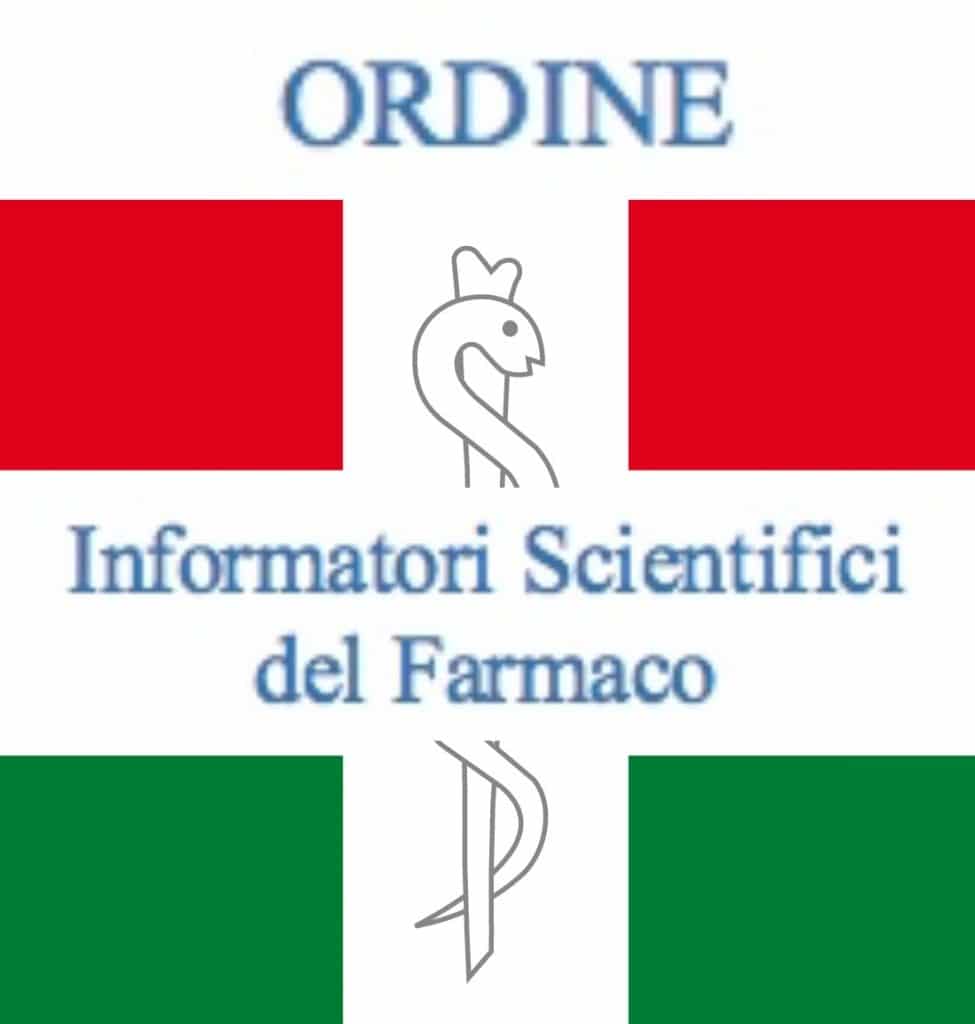 An ISF figure thus outlined by current legislation requires rigorous control which can only be exercised by a specific professional order placed "under the high supervision of the Ministry of Health" which on the one hand protects the Members and on the other, precisely through the defense of professionalism, protect the community.
An ISF figure thus outlined by current legislation requires rigorous control which can only be exercised by a specific professional order placed "under the high supervision of the Ministry of Health" which on the one hand protects the Members and on the other, precisely through the defense of professionalism, protect the community.
The bill establishing the Professional Order of Scientific Pharmaceutical Representatives has been present for several decades in the various legislatures that have followed, but has never been approved. We, as an Association, have always requested the establishment of a Professional Order without ever succeeding. Those who criticize us for this should ask themselves what contribution they have made to achieve this goal? Anyone who says that legal recognition is a decoy to increase members hasn't understood anything about what an association is. The establishment of an Order can be a goal.
Joining an association means "going beyond" the request to supply a service: first of all it means asking the question, paraphrasing JFK, "what can I do for the association and not what can the association do for me!”.
In fact, a community feeds on the relationships, information, skills, ability/reactivity to change of its members.
Not even a sports club, a sports, cultural or recreational club, a voluntary or non-profit association, whether local or international, open to all or elitist, can survive if the members do not take a personal and exclusive step, " beyond the membership fee!
Being part of a community means being able to experiment and confront each other on a daily basis, within an effective professional network/system (also of assistance, of "protection", without being corporative), on one's own skills, on the new contents/tools of the profession, on one's own relational skills, on the methods of professional activity.
Solitary professionals - as FSIs often are - consider it useless and superfluous to know and intervene on the specific dynamics of the reference sector and on the macroeconomic dynamics that characterize the life of the sector and prefer to remain concentrated on their own doing, on their "customers", on their own sales.
It is a short-sighted, limited and risky vision in the medium/long term.
"Make system" in FEDAISF it should therefore be the objective of every Scientific Representative who transmits information on his own drugs and parapharmaceuticals to health professionals - regardless of his employment contract - and for consolidate the unity of the category, defend one's professional identity, one's working dignity, one's association code, to avoid, above all, further drifts that could perhaps lead to the collapse of a sector that is able to offer health to the sick, employment for the workers, health economy and reduction of waste.
One last note, but not least in importance. The pharmaceutical industries do not deem the establishment of a register or a professional order of scientific drug sales representatives useful for their commercial purposes, even if, as the recent pandemic has shown, commercial information is destined for the margins and ill 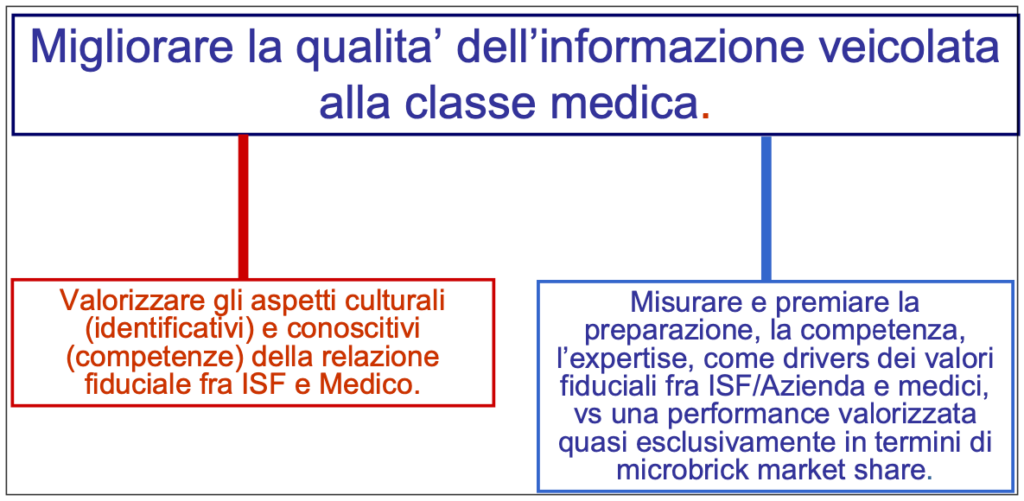 tolerated. And the pharmaceutical industry has political persuasion that we can't possibly have.
tolerated. And the pharmaceutical industry has political persuasion that we can't possibly have.
In 2006 at a Farmindustria conference in Milan, in which the mass dismissal of the ISF was scheduled to take place in the following years, the concept seemed to have been acquired that the role of the Scientific Informator should be enhanced. It was found, in that meeting, that "the doctor does not recognize the value of the ISF's work and is therefore less willing to give his time to the ISF“. Said Daniel Lapeyre, CEO of Sanofi-Aventis Italy and vice president of Farmindustria, “The common objective must be to encourage the correct use of medicines and this can only be achieved if the information on the medicines themselves is also correct and coherent, whether from public sources or from companies“. [on the side, one of the slides from the 2006 Farmindustria conference]
The establishment of a professional Order of Scientific Representatives is perfectly in line with what Farmindustria said in 2006. So far it has been a missed opportunity. Since then, however, many things have changed and in Farmindustria, to be credible, they should realize that the enhancement of scientific information is crucial and the establishment of an Order is one of the most important steps in that direction.
Note:
In relation to professional activities, the following classification can be used:
 Unregulated professions: These are those professions that can be practiced without the need to possess a specific qualification. These are professions open to both holders of Italian and foreign qualifications indifferently, for which there is no need to obtain legal or formal recognition in order to be able to exercise them. For example, the professions of advertising, communication, marketing, the various artistic and musical sectors, linguistic mediation (interpreters and translators), the tourism sector (with the exception of specifically regulated figures such as tourist guides, tour guide, the technical director of travel and tourism agencies, the ski instructor and the mountain guide) and many others.
Unregulated professions: These are those professions that can be practiced without the need to possess a specific qualification. These are professions open to both holders of Italian and foreign qualifications indifferently, for which there is no need to obtain legal or formal recognition in order to be able to exercise them. For example, the professions of advertising, communication, marketing, the various artistic and musical sectors, linguistic mediation (interpreters and translators), the tourism sector (with the exception of specifically regulated figures such as tourist guides, tour guide, the technical director of travel and tourism agencies, the ski instructor and the mountain guide) and many others.- Regulated professions: These are the professions for which the law prescribes the possession of certain qualifications (doctor, dentist, veterinarian, pharmacist, nurse, engineer, architect, tour guide, tour leader, etc.). The law establishes both the indispensable educational qualification and the subsequent training requirements for the practice of the profession (e.g. internship and/or state exam for professional qualification) and the rules of professional ethics - These figures include many figures: lawyer, accountant, teacher, physiotherapist, biologist, engineer, etc. (in total over 800 professions -). The exercise of these professions is protected by law and is permitted only to subjects authorized according to the specific legislation for the type of regulated profession.
- Protected professions: Protected professions are those whose exercise is subordinated to enrollment in special registers or lists (art. 2229, 2nd and 3rd paragraphs, of the civil code) kept by the respective professional orders. (e.g. notary, lawyer, engineer, doctor, etc.). The definition of "protected profession" is more restrictive than that of "regulated profession". Basically, the protected professions are the professions regulated in the ordinastic system (orders, registers and colleges). Their protection consists, above all, in the interdiction to practice the profession for anyone who is not registered in the register or who has been expelled from it.
Related news: Regulated and unregulated professions. And the ISFs?
Farmindustria Milano 2006 convention. How scientific information is changing

